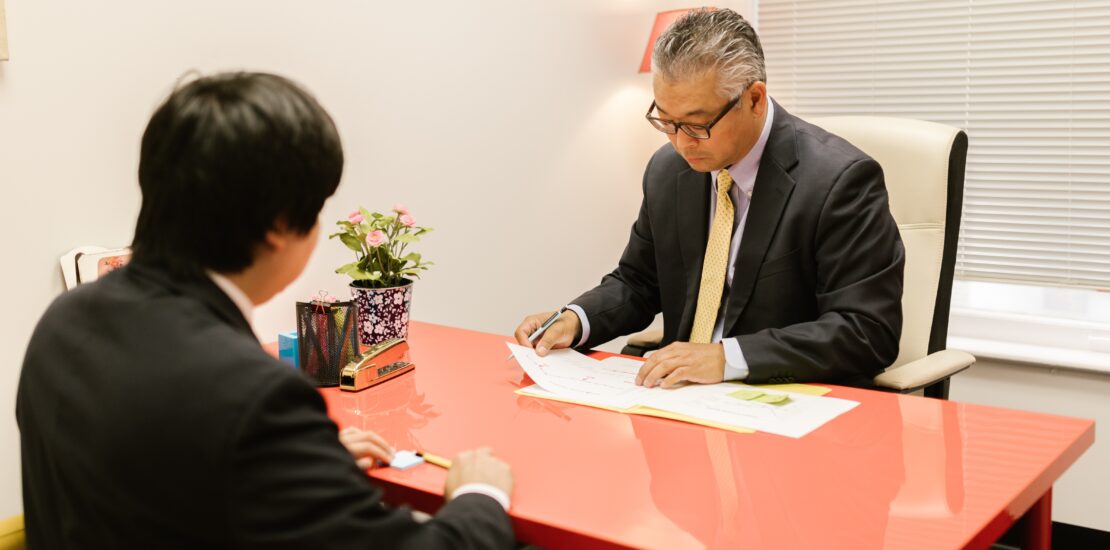Horenso will not only help you do your work more effectively, lead to excellent relationships with your colleagues and manager but it will earn you those brownie points that a foreigner so badly needs while working in a Japanese environment!

When someone says Horenso the first thing that comes to mind is spinach, but Horenso doesn’t just mean spinach in Japanese. It is in fact an acronym for one of the most fundamental Japanese management concepts and it’s one of the first things you are taught when you enter the workforce in Japan.
Ho-Ren-So is made up of three words – Hokoku(報告), Renraku連絡) and Soudan (相談) Which means to report, communicate and consult. Ho-Ren-So forms the basis of all communication, collaboration, and healthy information sharing in a Japanese workplace.
Let’s try to understand these words one by one.
Hokoku(報告)
The word Hokoku means to report. Once an employee is given a task, he is expected to report his work progress on a regular basis to his superior. Besides reporting work progress, the employee is also expected to report any error or issue that he faces immediately to his superior. He is not expected to resolve the issue himself, but rather inform his superior and then wait for instructions.
Renraku(連絡)
The word Renraku means to communicate. All facts and current status regarding work must be communicated and shared with everyone on a regular basis. Hokoku is mainly between subordinates and superiors, but Renraku is between colleagues regardless of their rank. One is expected to maintain a healthy communication channel with his teammates even if it is to inform the status of a project or just a simple email communication that you will be late for a meeting.
Soudan(相談)
The word Soudan means to consult or discuss. All important milestones must be discussed with your manager before moving forward to the next step. In Japan, there is a constant discussion and consultation between subordinates and juniors and this is supposed to strengthen the relationship between them.
Ho-Ren-So may seem cumbersome and time-consuming but it does lead to a perfect end result which is error-free and robust. Ho-Ren-So creates a situation where the employee is forced to communicate and consult regularly with his superiors as well as his colleagues, leading to a collaborative method of working.

The western world, not used to Japan’s way of working often misconstrues Ho-Ren-So as micromanagement. Foreigners working in Japan often feel frustrated when asked to follow the HO-Ren-So philosophy. They don’t understand the need to report everything to their manager and colleagues in such minute detail. Also, they find it very frustrating that they are not allowed to resolve a problem or take their own initiatives but instead need to seek advice from their seniors all the time.
The thing is, Japanese work culture is remarkably different from the rest of the world. In the west, an employee is given tasks according to his role and then he has total autonomy and independence to perform these tasks. Taking initiatives and being resourceful is encouraged and it may actually be frowned upon if the employee runs to his manager whenever an issue occurs instead of trying to solve it himself.
The west encourages thinking out of the box and independent work style, Japan, on the other hand, thrives upon collaboration and collective decision-making. There is no lone wolf in a Japanese organization. Everything is done by consensus and mutual agreement.
The Japanese argument is that the Ho-Ren-So through collaboration and communication not only strengthens employee subordinate relationships, but it also provides a platform for the subordinate to learn from their superior. If an employee was to make all decisions on his own or try to resolve an issue instead of discussing it with his teammates and superiors he will miss out on the suggestions they may provide. Unless you consult with your superiors about the issue you will never find out the actual root cause and this may lead to the problem coming up again. Discussing it with your manager gives you a great platform to learn from their experience. Also, if you do not communicate with others and keep them updated about everything, you are simply inconveniencing them, which is considered bad work etiquette.
For someone not used to working in Japanese organizations, following Horenso requires a lot of patience and sometimes even a shift in mindset, but Horenso will not only help you do your work more effectively, lead to excellent relationships with your colleagues and manager but it will earn you those brownie points that a foreigner so badly needs while working in a Japanese environment!



